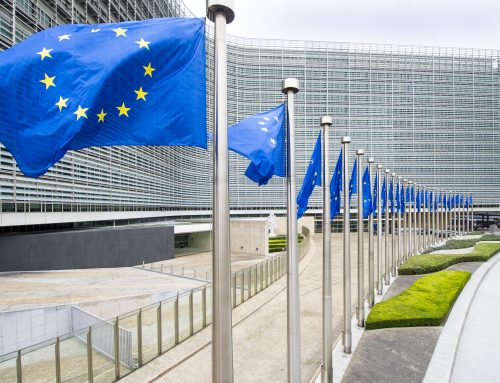It is an off – and online web editor that will make it possible for non-EU nationals to present their skills, qualifications, and experiences in a way that is well understood by employers, education and training providers and organisations working with migrants across the whole European Union.
Commissioner for Employment, Social Affairs, Skills and Labour Mobility, Marianne Thyssen, said: “In today’s world of work we need everyone to be able to fully use their skills in our labour markets. The talents of non-EU nationals cannot be wasted. Our ‘Skills Profile Tool’ will facilitate their pathway towards work. It will also allow national administrations to have a clear understanding of their skills and qualifications, which will enable administrations to tackle challenges and seize opportunities relating to the integration of refugees, asylum seekers and other migrants in the labour market. This is a win-win for all.”
Dimitris Avramopoulos, Commissioner for Migration, Home Affairs and Citizenship, said: “Migrants come with their own experience, talents and skills that can be real assets for our economies and societies. Investing in early labour market integration is therefore paramount. Successful integration is key if we want to turn migration into an opportunity for everyone involved. Our ‘Skills Profile’ will shorten the journey for newly arrived non-EU nationals to employment by making their individual skills sets visible.
The Skills Profile Tool will be a first instrument for reception centres, integration services, public employment services and other organisations offering services to non-EU nationals to make sure their skills and education are recognised, and to further guide them to training, education or employment. In addition to giving an overview of a non-EU national’s skills profile – comparable with a CV – the tool helps migration organisations to identify individuals’ specific needs for integration into the labour market. Ultimately this will simplify the process of matching jobseekers to vacancies.
Integration of non-EU nationals into the labour market is one of the most important challenges we face together, especially in light of the past, current and future inflow of refugees and asylum seekers. Indeed, the cost of non-integration is far greater in the long run than the cost of effective integration policies, and in light of digitalisation and an ageing society, Europe has an interest in becoming an attractive destination for the talent our economies need.To make the best of our human capital, we need to put all talent in the EU to use.



